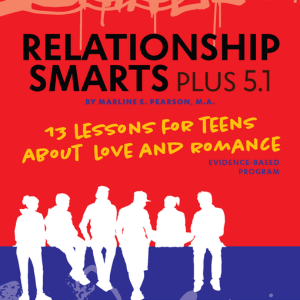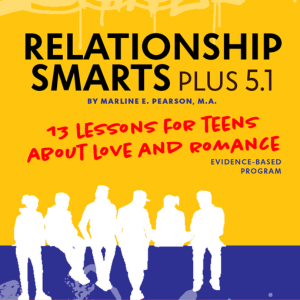Search Results "Teen dating"
What Teens Should Consider in Romantic Relationships Teen Dating Violence Resources Healthy Relationships in Adolescence Stress Busters Toolkit for Community-Based Organization Act Youth Network – All4You! AMAZE – Disability, Relationships, and Sexuality Am I in a Healthy Relationship? Annie Fox/Hey Terra! Domestic Violence Prevention Programs Distress is Part of Teen Life Hooking Up and Staying Hooked How to Test Your Relationship Without Moving In Together Relationships 2.0: Keeping Love Alive Relationship Trust Quiz Resources to Prevent Teen Dating Violence Resources to Address Student Trauma Resources for Social and Emotional Learning Resources for Teen Pregnancy Prevention Resources for Suicide Prevention Resources for Foster Youth Resources for Going Back to School Sexting Advice For Teens Soluna: California’s Mental Health App TheSafeSpace.org Teen Dating Violence Prevention Programs Teen Relationships: Dating, Sexting, Cyberbullying & More TwoOfUs.org Warning Signs of Teen Violence Emotional Well-Being and Coping During Crises The Science of Synchronized Movement Connections Matter…
There is no excerpt because this is a protected post.
Building Trust Using Unique Strategies for Successful Recruitment and Retention Recruiting and retaining youth in youth development programs, specifically in teen pregnancy prevention (TPP) programs, is a multifaceted challenge. Systemic barriers, transportation difficulties, and competing priorities are just a few of the obstacle’s organizations face. At PRO Youth & Families (PRO), trust-building has proven to be a vital foundation for achieving success in both recruitment and retention. In this webinar, PRO will partner with Queens of Eve, a community-based organization, to share actionable strategies and insights from their collaborative work. Together, they will discuss key trust-building practices, such as fostering strong relationships, setting clear boundaries and expectations, actively listening, and adapting to meet the unique needs of youth and partners. Additionally, the session will highlight the role of meaningful youth incentives and partner compensation in promoting program success. Objectives: Participants will be able to: Identify three practical strategies to support…
Lopsided Love: Asymmetrical Commitment in Romantic Relationships One of the greatest insights on lopsided commitment came from sociologist Willard Waller in 1936, when he described the “principle of least interest,” defined in this way: “That person is able to dictate the conditions of association whose interest in the continuation of the affair is least.’’ Analogously, the person who is most committed has the least power in a relationship. There is a growing and robust literature on asymmetrical commitment, with studies showing that it is associated not only with poor relationship dynamics but also specific personal characteristics such as attachment difficulties. Dr. Scott Stanley and Dr. Galena Rhoades have published numerous papers on this topic. In this talk, they will describe what’s up with lopsided love. Objectives: Participants will: Learn about the nature and consequences of asymmetrically committed romantic relationships regarding relationship quality, relationship stability, and risks for aggression. Be able…
Goal: To diminish occurrences of pregnancy, HIV, and STIs among high-risk youth aged 10 to 19 (up to 21 for those who are pregnant and/or parenting) in Georgia
Funding: State of Georgia PREP Funding
Setting: Public High School Setting
Curriculum: Love Notes 4.0
What happens when you teach teens to navigate their romantic relationships? Is there a difference between boys and girls? Does dose or content matter? Join Drs. Alamillo and Doran of Mathematica as they share the insights of a randomized study of Georgia students who participated in two versions of the Relationship Smarts PLUS program. They will discuss the impact on students’ relationship skills, attitudes, knowledge, experiences, and the quality of their relationships one and three years later. As part of the sustained effort by the Administration for Children and Families to expand available evidence on healthy marriage and relationship education programs, Mathematic and its partner, Public Strategies, conducted the Strengthening Relationship Education and Marriage Services evaluation to help identify strategies for improving the delivery and effectiveness of HMRE programs. (MTCI), near Atlanta, Georgia. MTCI received a federal grant in 2015 to deliver Relationship Smarts PLUS Version 3.0 to youth in high…









